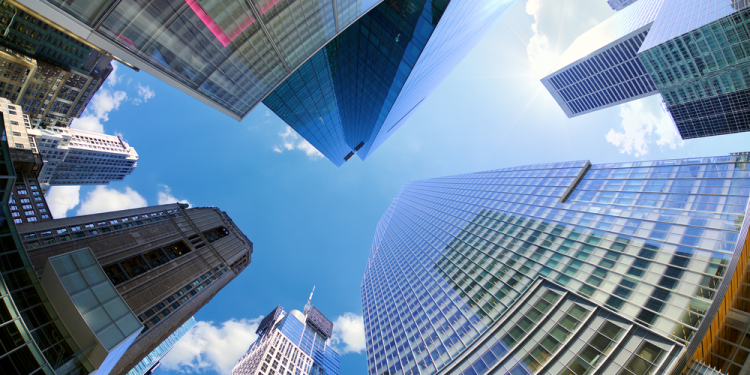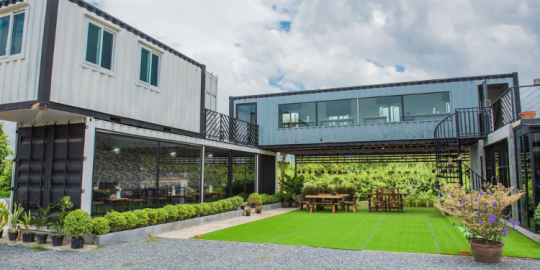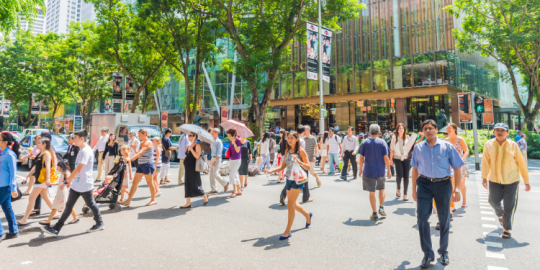London
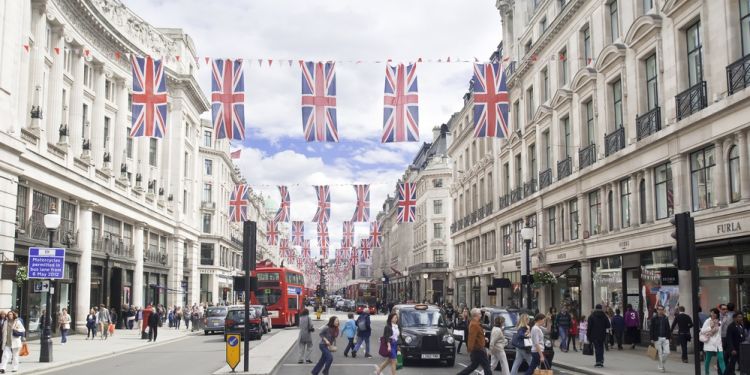
Ranked as the world's most successful city, London is known to be a key international hub. It is regarded as the city with the best infrastructure, which is also reflected in its top position for its 'smart city' strategy. In addition to its top-notch physical infrastructure, the city boasts the best talent among the cities assessed. London is home to some of the world's leading universities and attracts an international workforce. In spite of this, it is only the sixth best city for innovation, where the top spot is taken by the home of startup-central, Silicon Valley in San Francisco. Despite this glowing assessment, cost of renting (a well-documented issue in the densely populated capital) premium office space is high, seeing London come in fourth.
New York
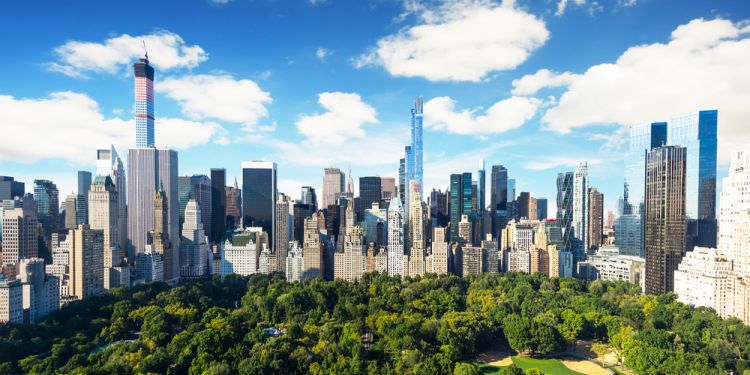
The Big Apple is the second most successful city, and that it is world renowned is highlighted in its third-place position for its brand. Frequently represented in the media with easily identifiable features, the city has a unique brand that is internationally recognised. Despite having the second most expensive office space for rent (after London), New York still leads when it comes to real estate investment. It also appears in third for innovation, and is one of three American cities in the top five, highlighting its popularity amongst emerging companies and the quality of research taking place in the city. New York comes in ninth for its infrastructure (which includes technological connectivity, utilities, and transport), which suggests some investment here wouldn't go amiss, especially as the city's population grows.
Paris
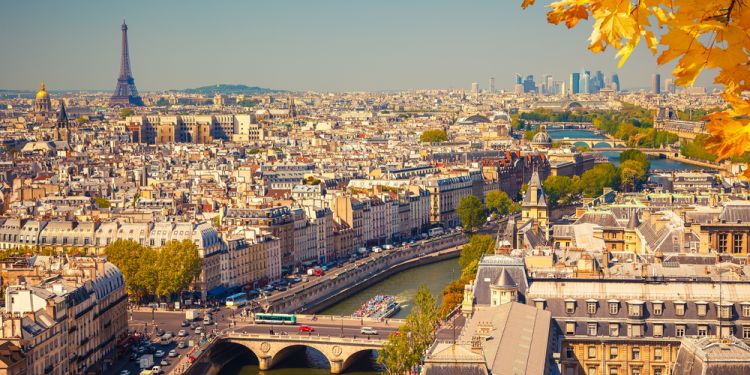
In third place overall, Paris has the second best infrastructure amongst the cities assessed and has comparatively affordable rent (for premium office space), as it is only the 18th most expensive. It is also one of the most successful cities when it comes to attracting investment in commercial real estate, where it is fifth. Making it even more attractive to businesses is the fact that it is third for talent, with a skilled workforce at the ready. It is also sixth for knowledge and innovation – a further draw for young businesses or startups. However, the city does not feature as one of the top ten cities that are developing a 'smart' strategy, which suggests it may fall behind on its technological developments, which are crucial in the digital age.
Singapore
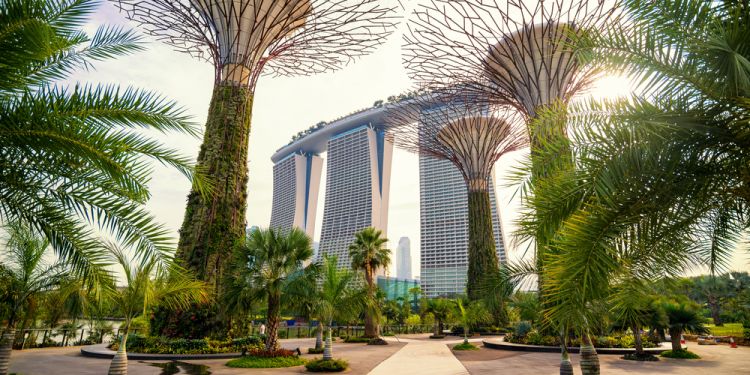
Fourth place Singapore is known as a small nation that is a business capital. Expats are frequently drawn to the city thanks to its plentiful employment opportunities. The country's high quality of workforce sees it take first place for the talent available. The city is also seen as being a consistently developing one. Though it is twelfth for its infrastructure, it is a newer city, and the advancement in its infrastructure is still ongoing, which is highlighted by its third-place ranking for its smart city strategy. The report credits its self-governing nature for this, due to the ability to focus on creating for effective and efficient plans, without major constraints or restrictions from higher levels of government or conflicting national policies.
Tokyo

Tokyo with the largest urban population in the world, is in fifth place overall. The city is second for the level of knowledge and innovation, and, given the evidence of technological developments, this should come as no surprise. However, Tokyo is only tenth when it comes to its 'smart' city plan, suggesting that, while the expertise is there, there is slightly less planning and organisation at a city level. As for its infrastructure, the city comes in the thirteenth, which is far from bad, but perhaps indicates that developments are not keeping up with the city's vast population.
Hong Kong

China's Special Administrative Region is certainly a city on the world stage. It has a reputation (like many other cities on the list) for the high price of real estate, and it is the most expensive city in which to rent commercial real estate. It is fourteenth in terms of its infrastructure and ninth when it comes to its development as a 'smart' city, in particular. Hong Kong is one of the most densely populated cities in the world and, as is the case with Tokyo, investing in infrastructure is crucial to keep the city on the move. The city is twentieth for the level of talent available, and eighteenth for knowledge and innovation. Though there are other Chinese cities that are likely more popular with startups and emerging companies (Beijing is 11th and Shanghai is 17th), it is still an appealing global financial centre.
Seoul
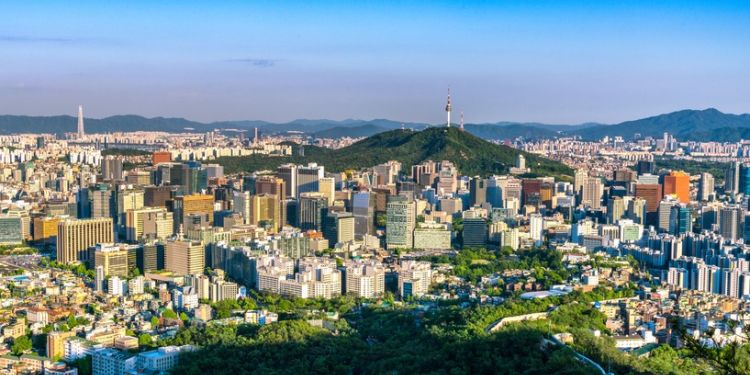
Seoul a new entrant, expands what was formerly the top six to the top seven, as it positions itself as a truly global city. It is yet to establish itself in several of the measures used to assess the leading cities, such as its infrastructure and its brand. In spite of this, the city is known for its high-quality technological infrastructure, and it is sixth for its 'smart' city strategy. In a similar vein, it appears to be good at fostering innovation, where it is eighth. The city also harbours good quality talent, for which it features eighth. The South Korean education system is, on the whole, very well regarded, resulting in a capable and well-educated workforce.
Sources :
- JLL - The Universe of Cities Indices 2017 : http://www.jll.com/cities-research/Documents/benchmarking-future-world-of-cities/JLL-Decoding-City-Performance-2017.pdf
